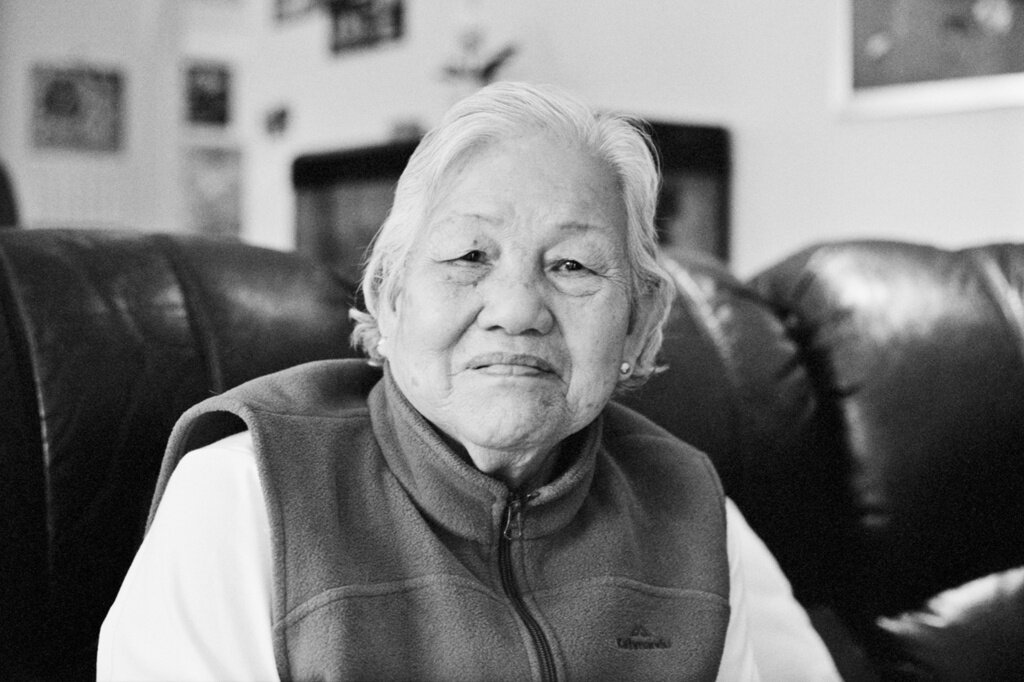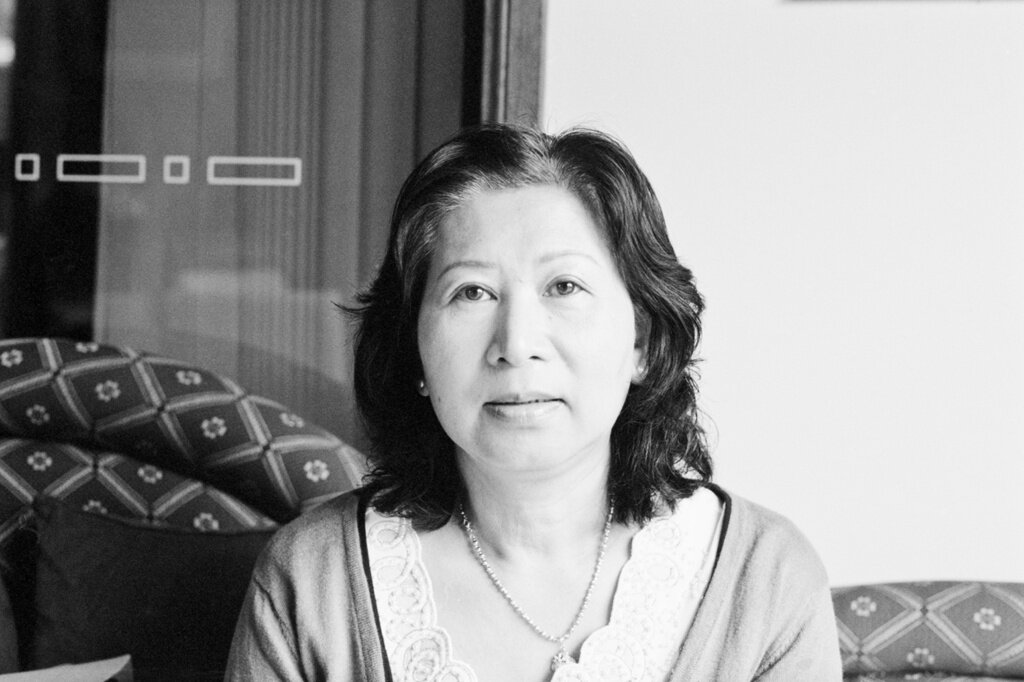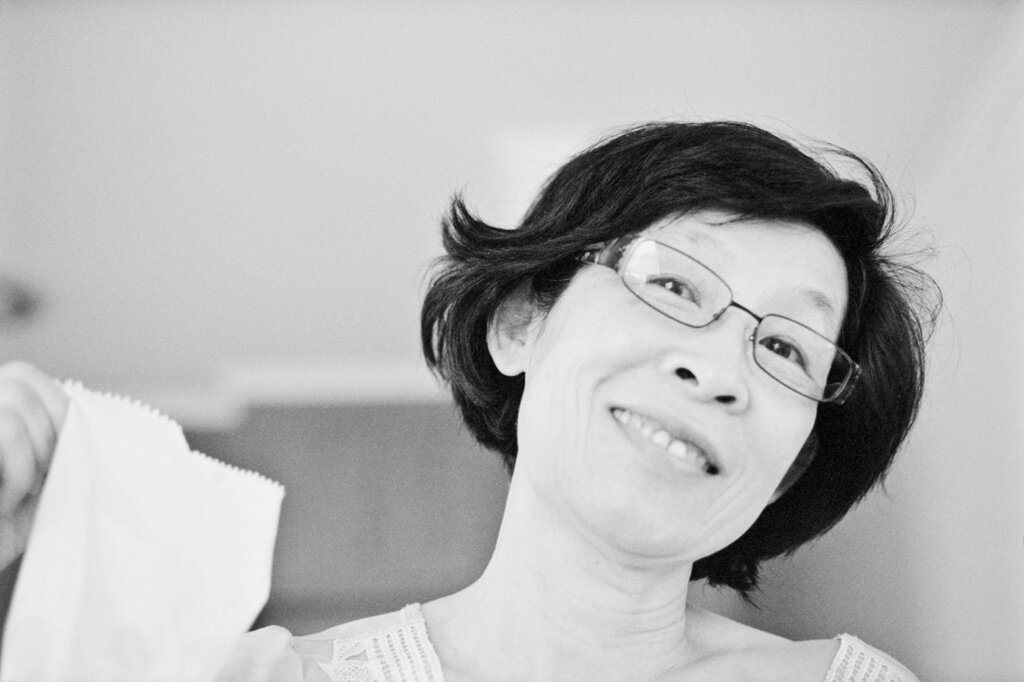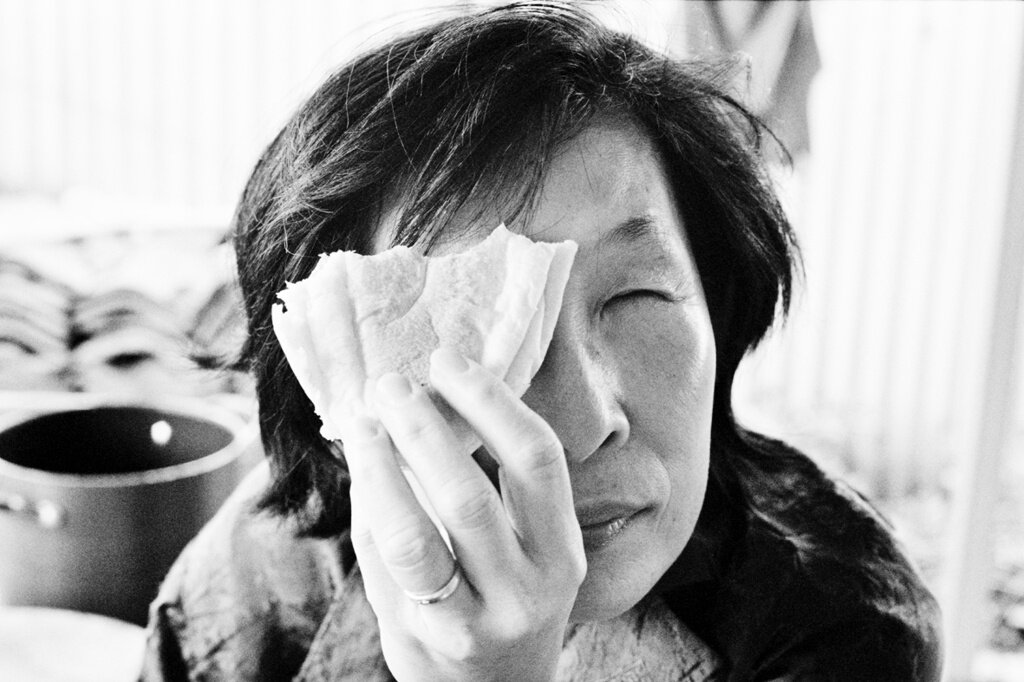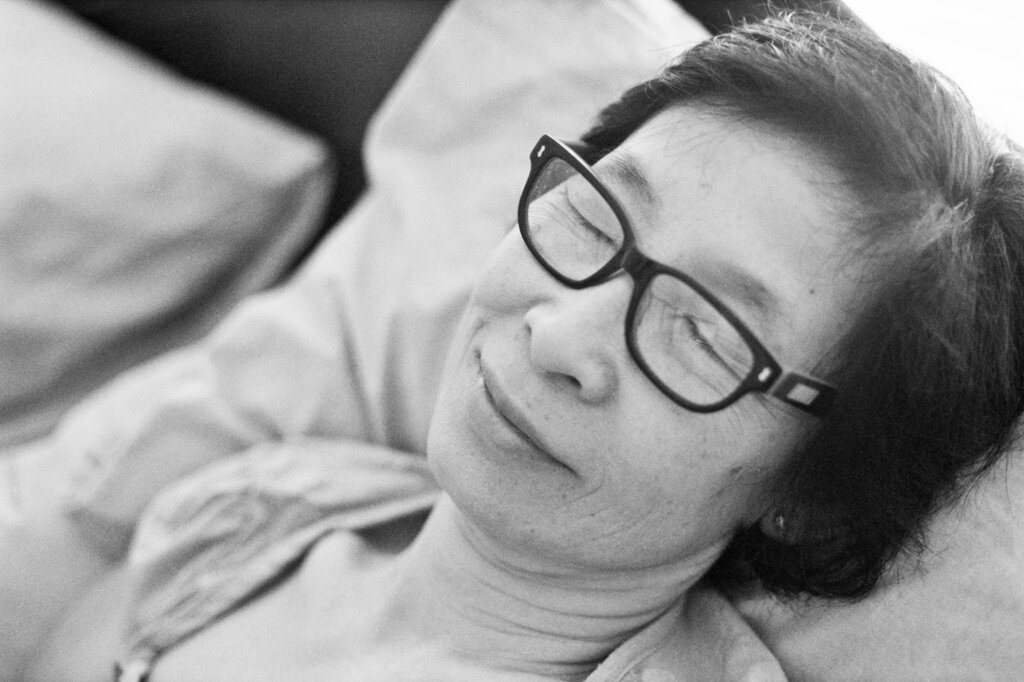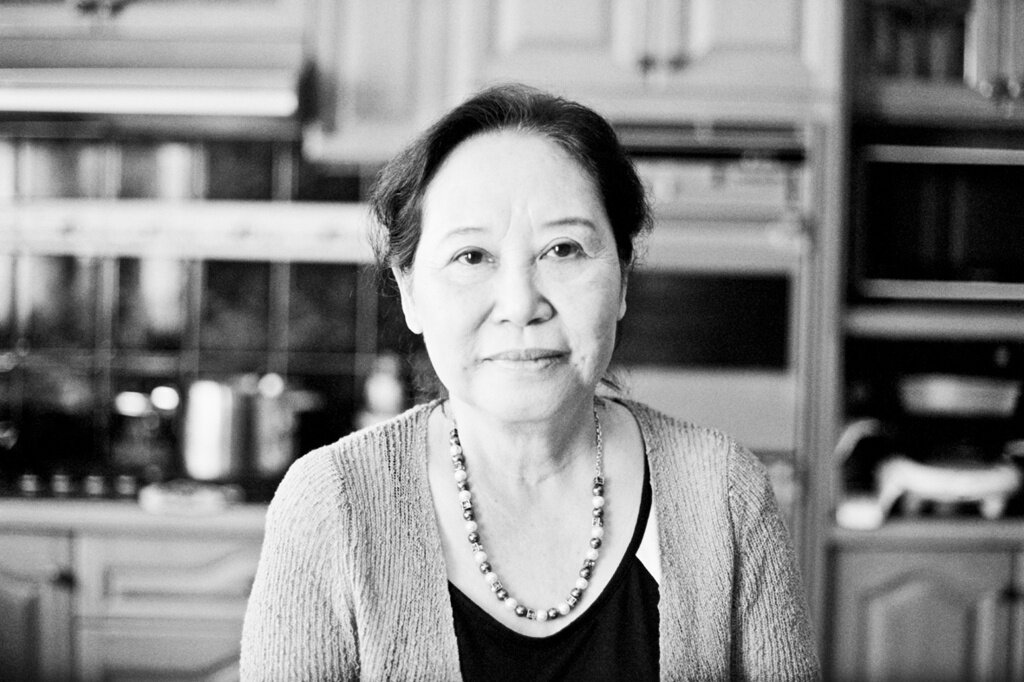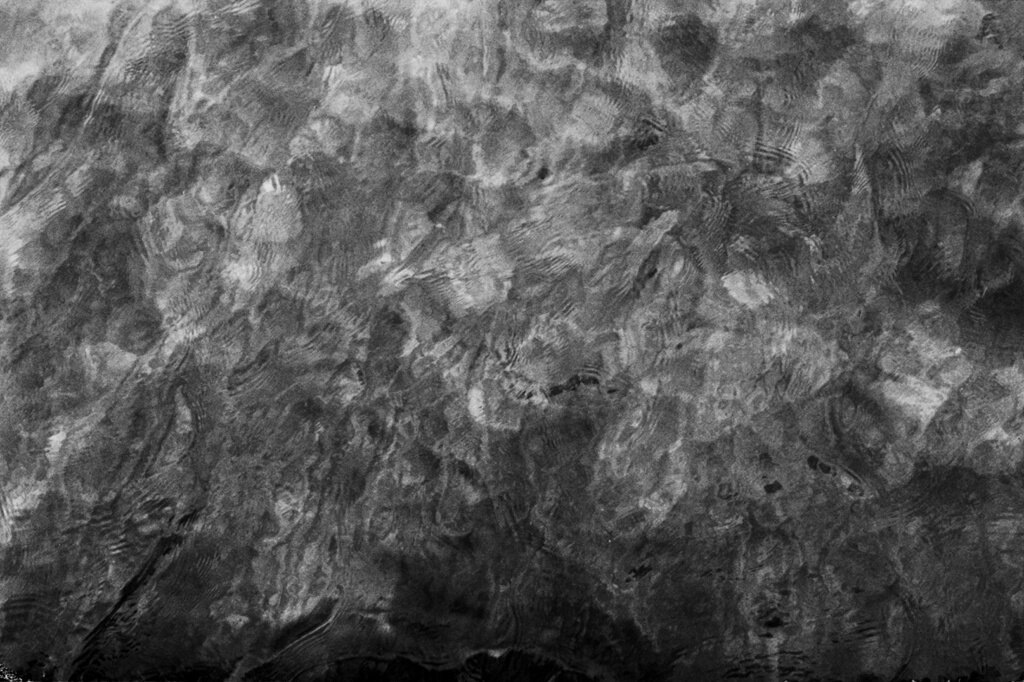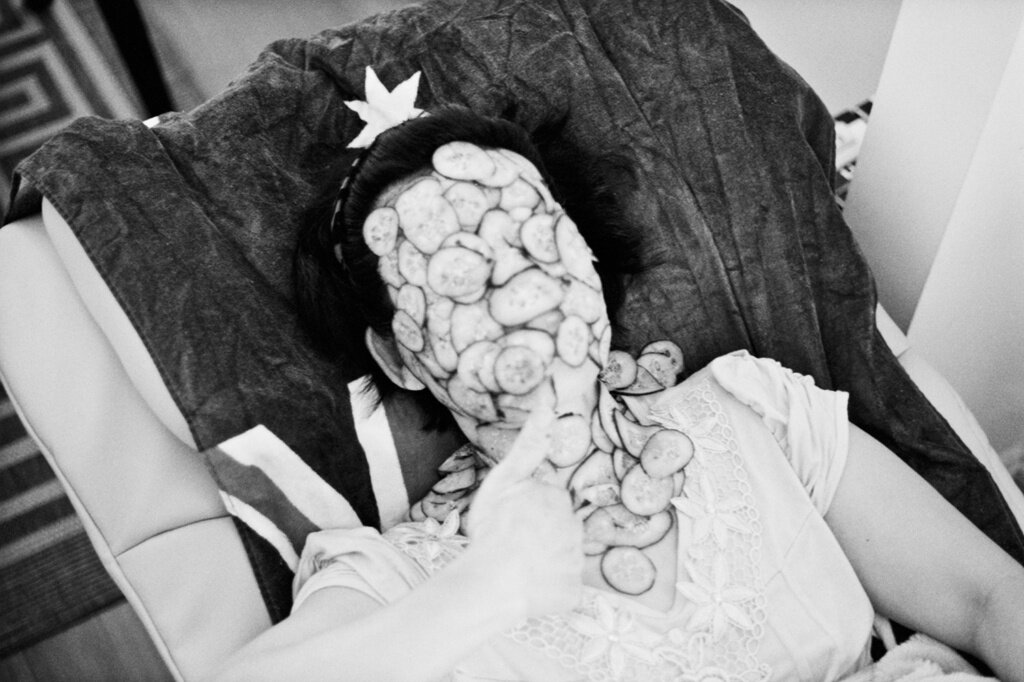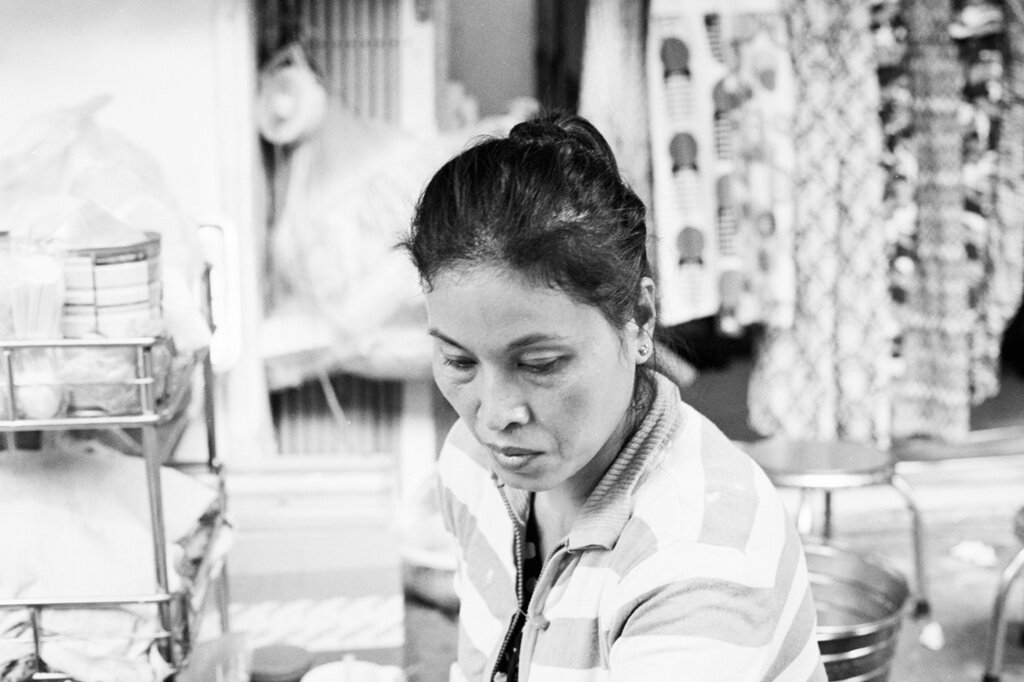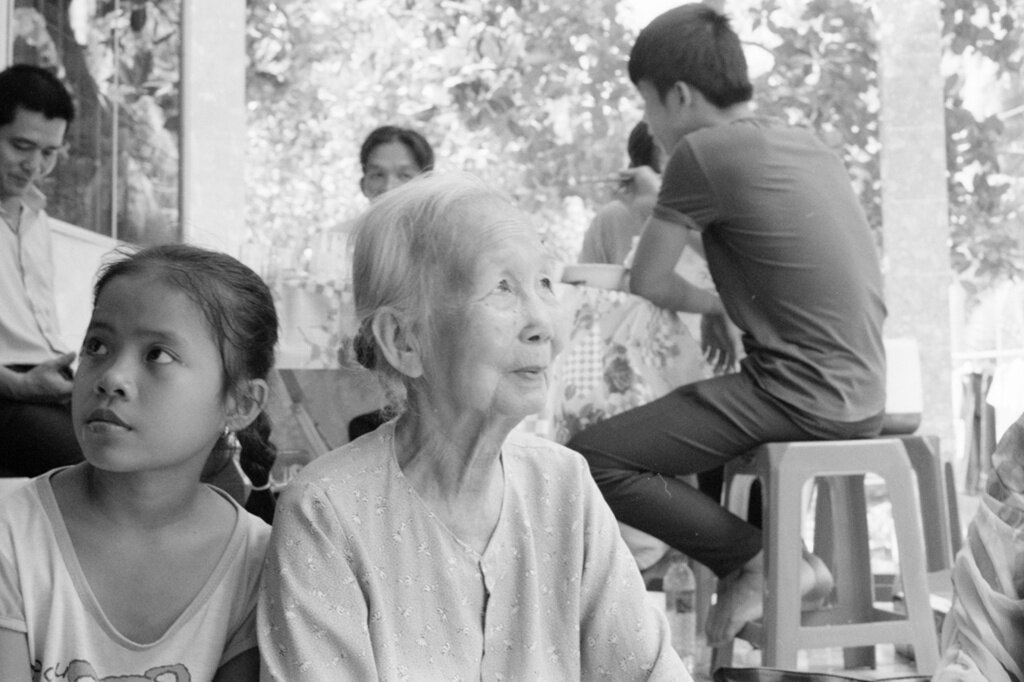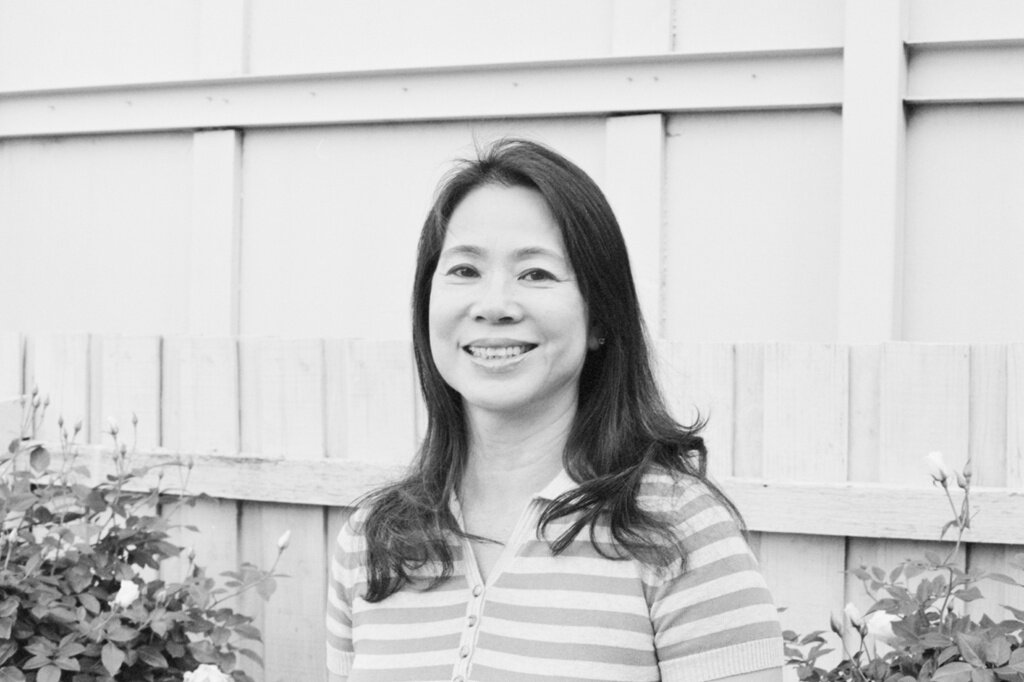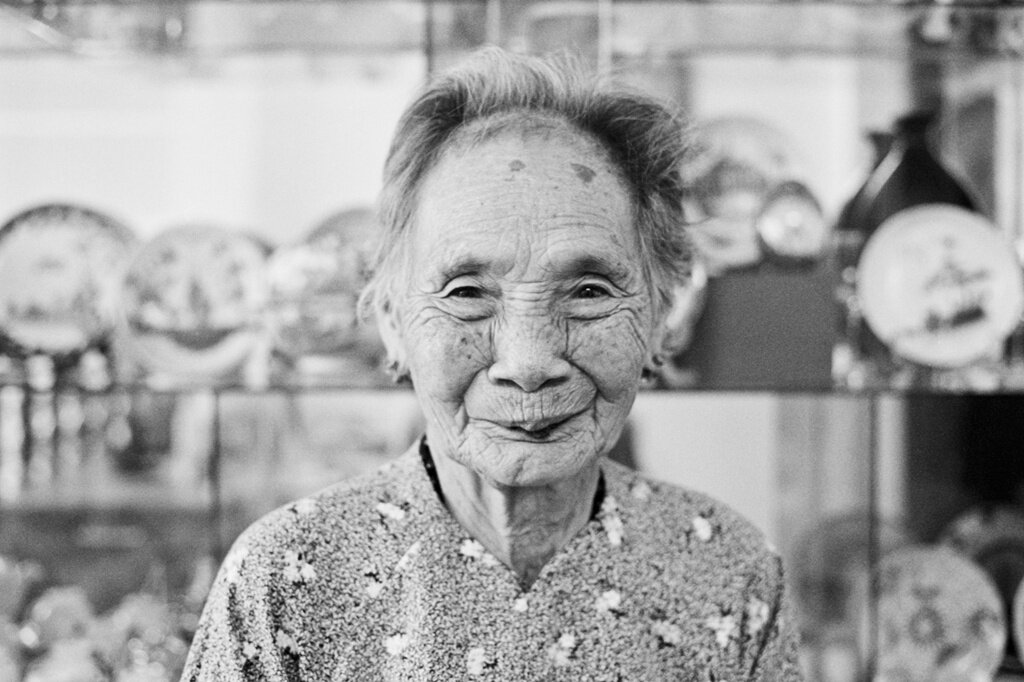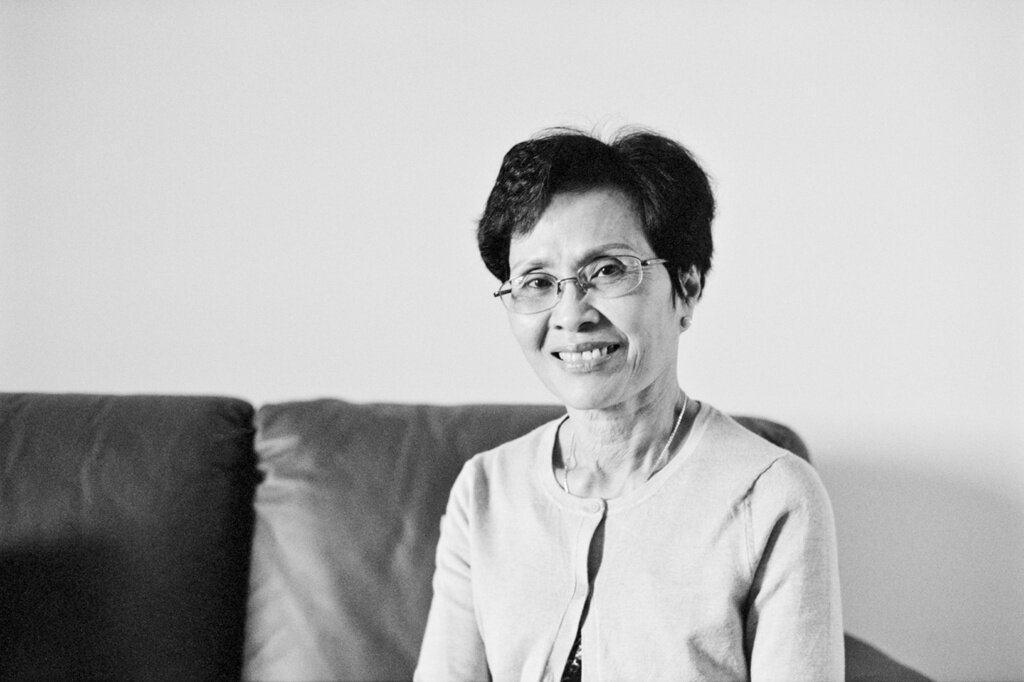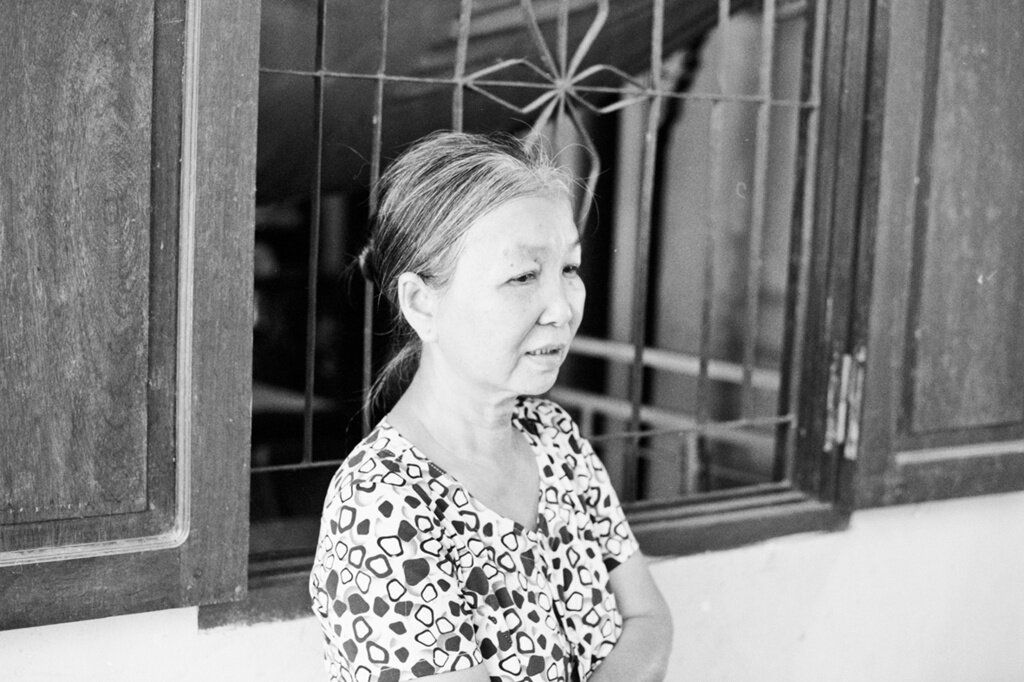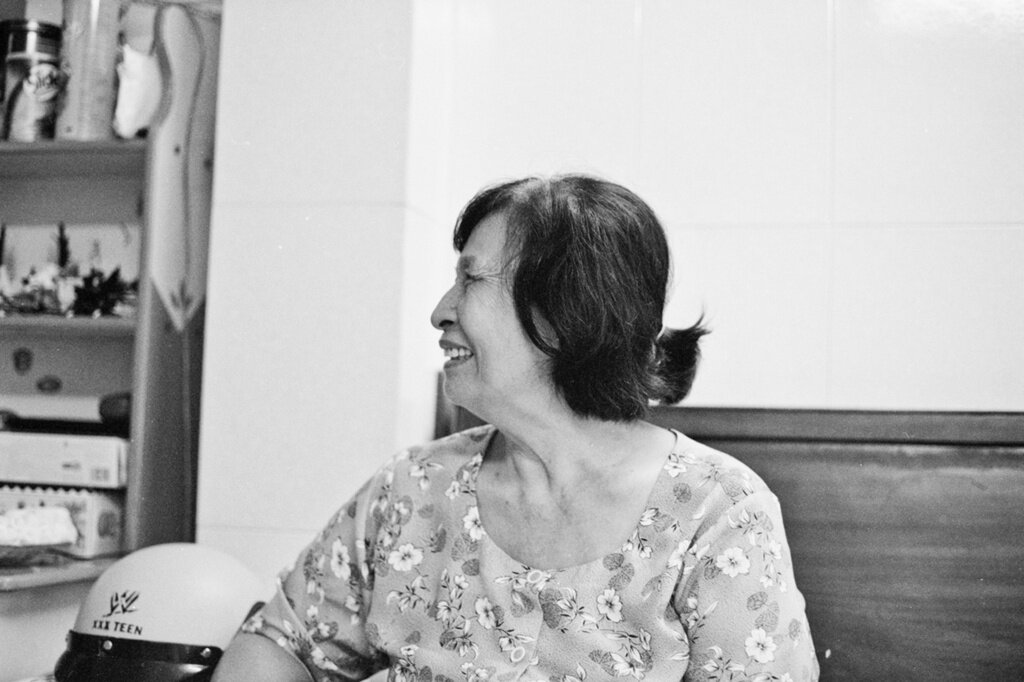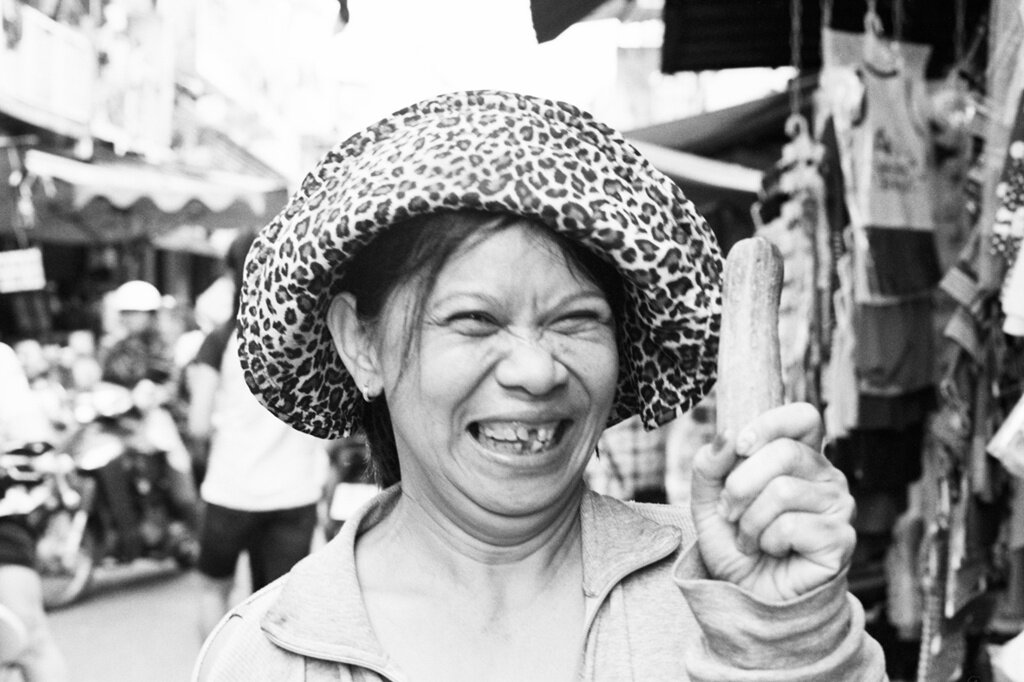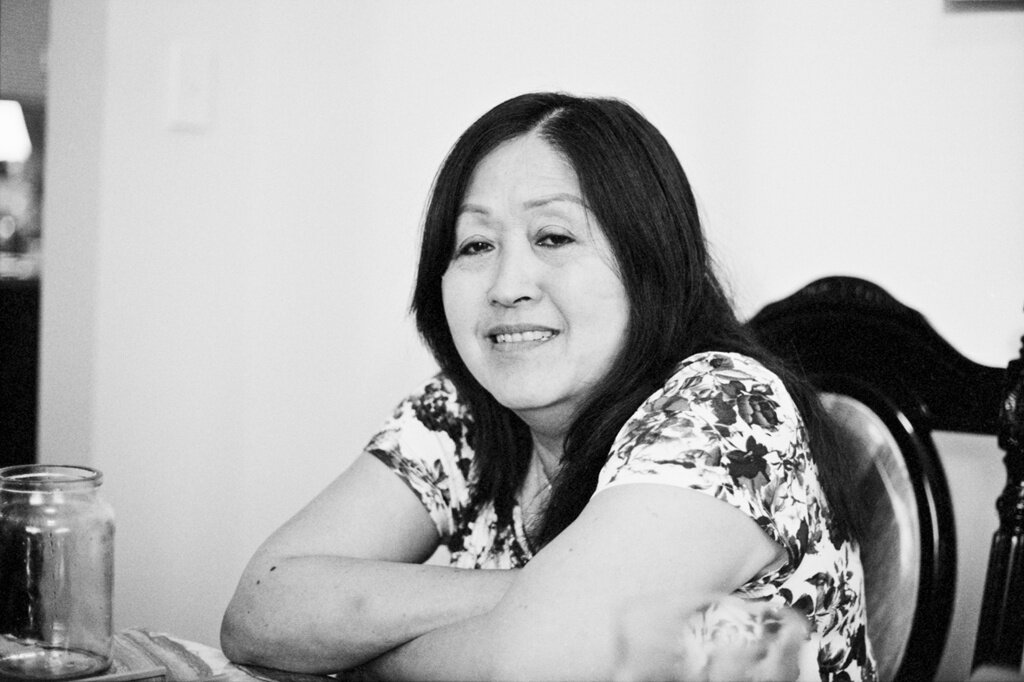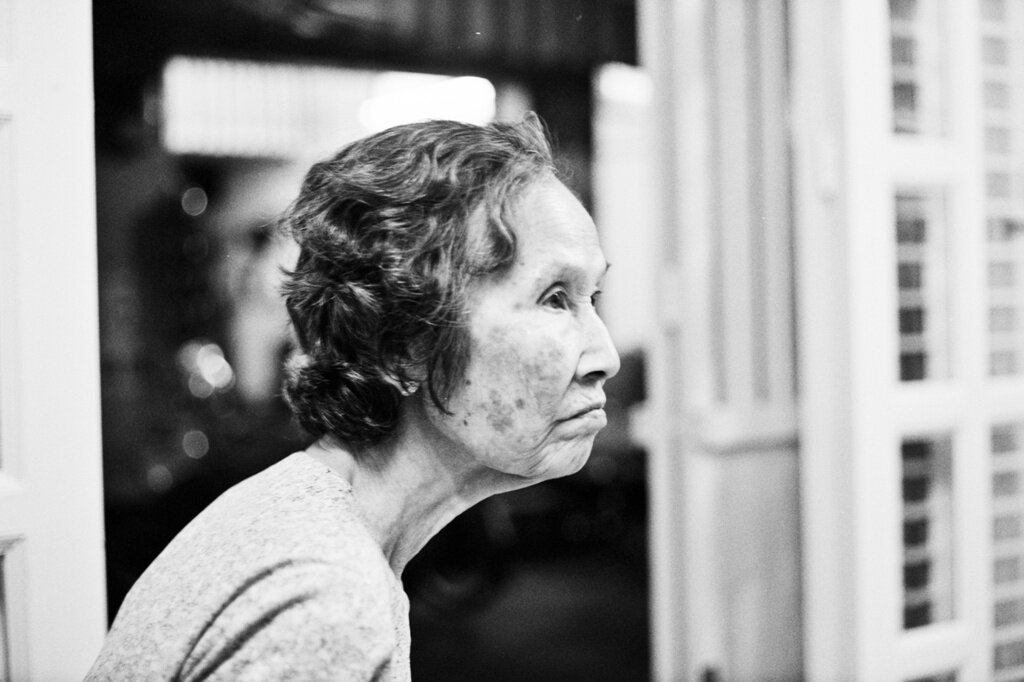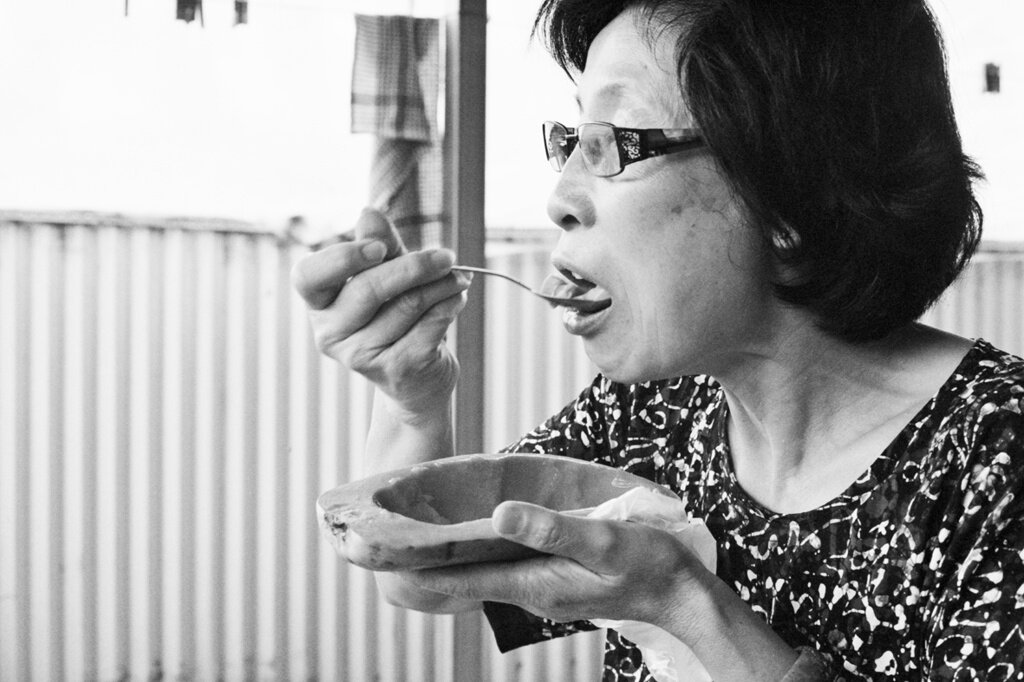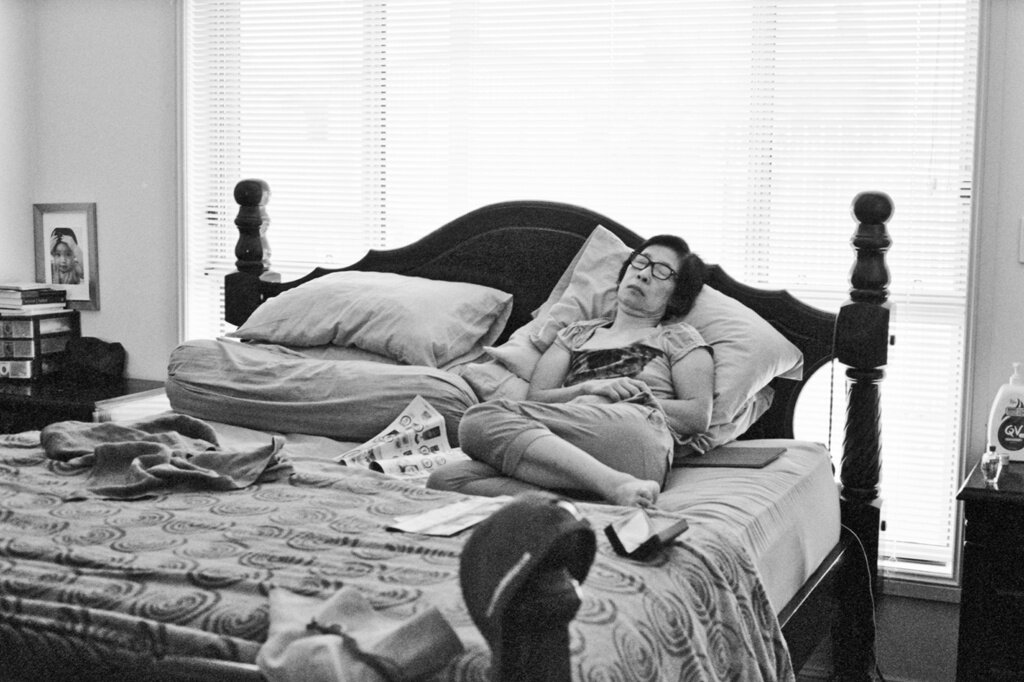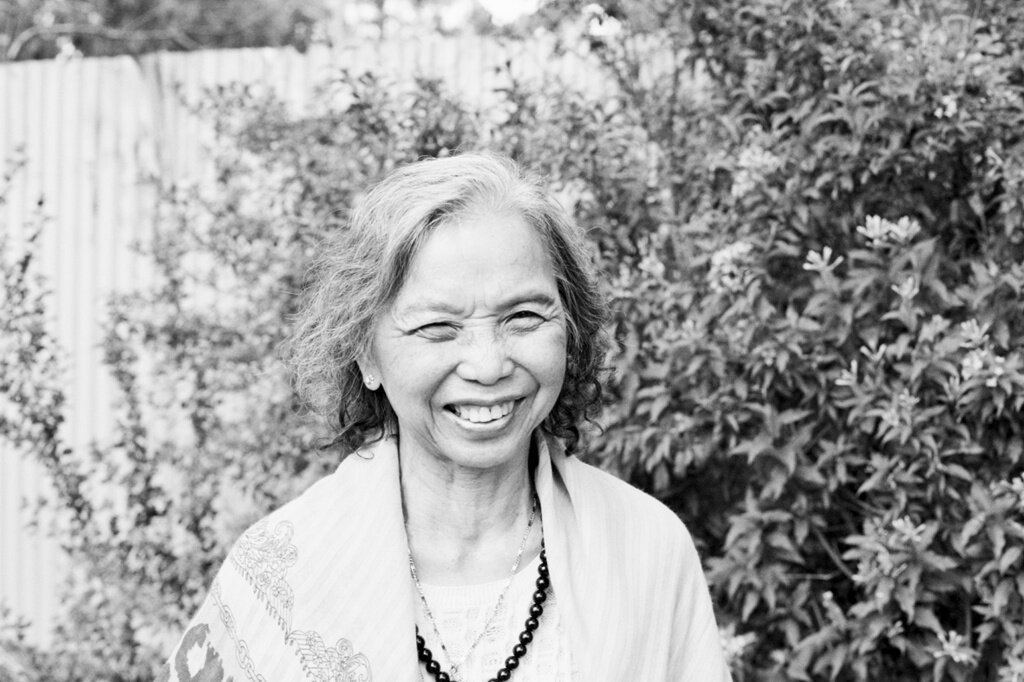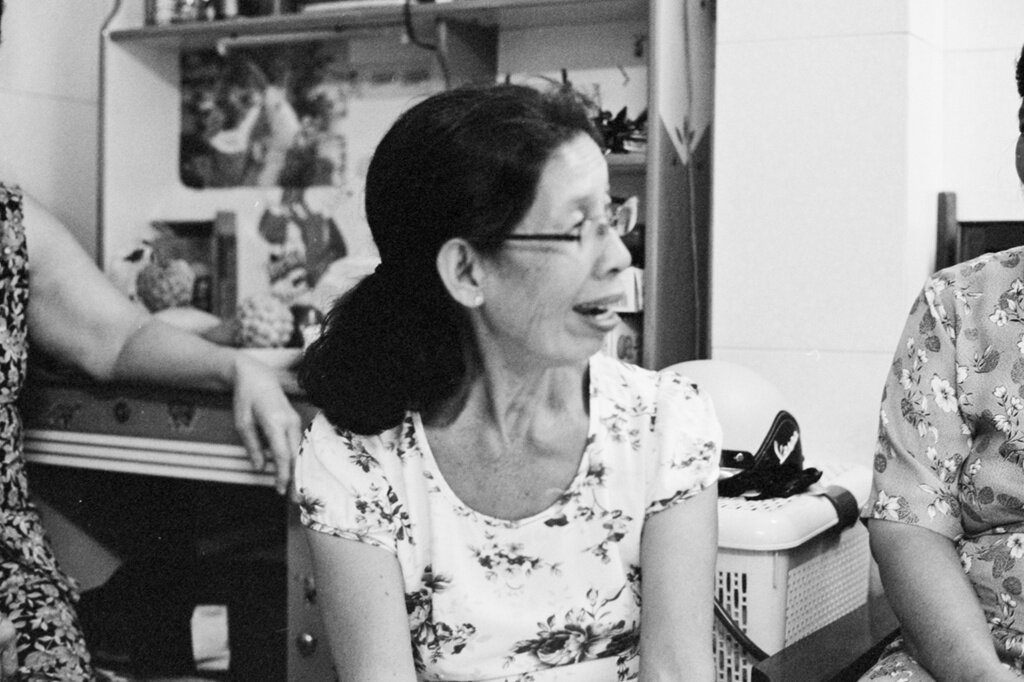Mother Vietnam (2014)
In the year 39 CE, Thi Sach a Vietnamese noble lead a revolt against the Chinese occupation of Vietnam. He failed in his attempt and in retaliation was executed by the Chinese. Widowed in her 30’s Trung Trac, enraged at the injustice of her situation and that of her country, shunned the traditional mourning of her husband as a recluse opting to fight.
Along with her sister, Trung Nhi, she rallied supporters and launched a rebellion against Chinese rule in 40 CE. Raising an army of 80,000 troops consisting predominately of women, the Trung sisters drove the Chinese out of Vietnam ending over 150 years of occupation. Installed as queens, Trung Trac and Trung Nhi reigned for 2 years. In 43 CE, under the command of General Ma-Vien, Chinese forces reinvaded Vietnam. In defeat the Trung sisters, rather than be captured cast themselves in the Hat River.
The Trung sisters have been revered as heroes since; temples, roads and buildings bear their name. Their mythology permeates Vietnamese national and individual identity presenting the first historic image of the stoic Vietnamese woman.
Trung Trac and Trung Nhi set the framework for women actively engaging in conflict over the course of 2 millennia; including the recent Indochinese War and the Vietnam (American) War. In these modern conflicts Vietnamese women have often taken keys roles as patrol guards, intelligence agents, propagandists, and military recruiters.
In South Vietnam women often volunteered to serve in the Army of the Republic of Vietnam’s, Women's Armed Force Corps. They tended to serve in ‘supporting’ roles often as nurses and doctors on the battlefields. Although there is mention of armed combat, most accounts are unsubstantiated.
In North Vietnam, however, Women fought alongside their male counterparts in both the Viet Cong and North Vietnamese military against the French during the Indochinese War, and South Vietnam and its French and American allies during the Vietnam War. The victory over the French at Dien Bien Phu in May 1954 (Indochinese War) is said to have involved hundreds of thousands of women, and many of the names on the Viet Cong unit rosters were female.
The fall of Saigon and the end of the Vietnam War in 1975 signaled the largest mass human exodus from Vietnam in its 2000 years of conflicts and foreign occupation. Men, women and children cross boarders and boarded boats with no indication of where they would end up or even if they would arrive at a destination. Yet the urge to seek a better existence was so great that they were willing to take the risk. Although unknown, it is estimated that anywhere between 200,000 and 500,000 Vietnamese perished at sea.
The experiences of women who fled Vietnam during this period vary greatly, stories of rape and murder are abundant, but within all of these terrible histories and memories, the stoic Vietnamese woman who defies her existence beyond being ‘just’ a survivor of trauma still remains. Much like their ancient counterparts, there was no time for mourning and many of these women upon resettlement in Australia found employment as outworkers and stream stresses, sewing clothes on industrial sewing machines in their homes for a varying array of clothing companies.
Others simply sewed clothes for their own children as a cost cutting measure. Thai Thi Kieu Tien was twice a refugee. Born in Cambodia to Vietnamese parents who fled the Indochinese War along with much of the French speaking elite, she was then forced back into Vietnam as a teenager upon the rise of the Khmer Rouge and the subsequent cleansing of the Vietnamese. In 1981, as a young mother with a 5 month old child she once again fled a war torn country with her husband on a boat with no real destination, she did not eat or sleep for three days.
After arriving in Australia she had another three children and after sometime was able to purchase a sewing machine on which she would spend evenings making clothes for her children; happy pants with fluro dinosaurs on skateboards, hoodies and Christmas themed shirts and dresses for special events.
I have fond memories of those happy pants and sound of the sewing machine lulling me to sleep.
This work is an ode to…
The Vietnamese Woman
The Vietnamese Mother
Thai Thi Kieu Tien (Mum)
